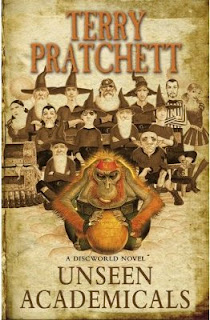Freedom - Jonathan Franzen

I'm pleased to confirm that Freedom is the masterpiece that everyone says it is, and don't have much to add except "If you like The Corrections ... you'll love this!". Like The Corrections , Freedom is a family saga embedded in world affairs, with the Iraq war and environmentalism taking the place of the biotech bubble and post-communist Europe. The family is again from the midwestern American middle class, and again its centre of gravity moves east during the course of the book. The similarities and echoes might be tiresome if it weren't almost a decade since I read The Corrections . As it is, it feels fresh. All this pigeonholing obscures the fact that the Berglunds are just as much a fully-formed and original a family as the Lamberts. The voices are if anything even more distinctive, though the decision to structure part of the book as an autobiography of one of the characters slightly undermines this. Patty's writing is so close in style to th...









